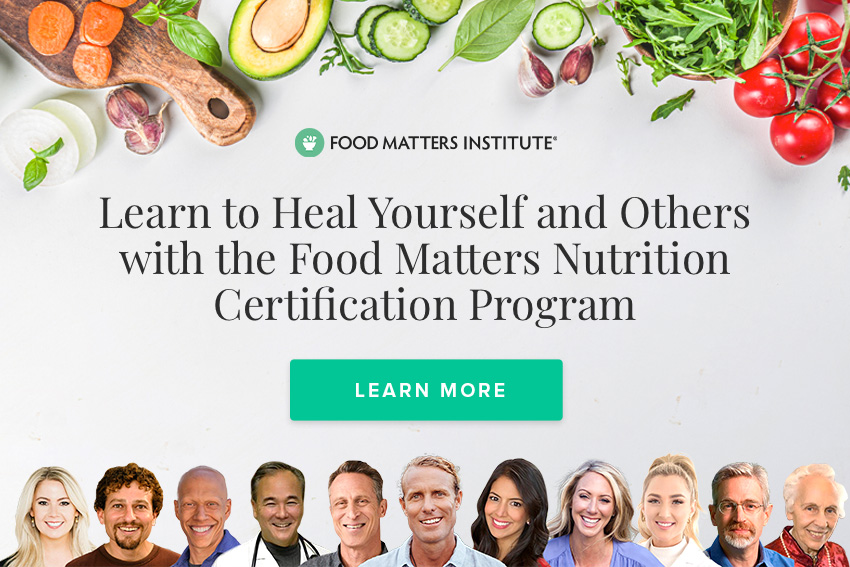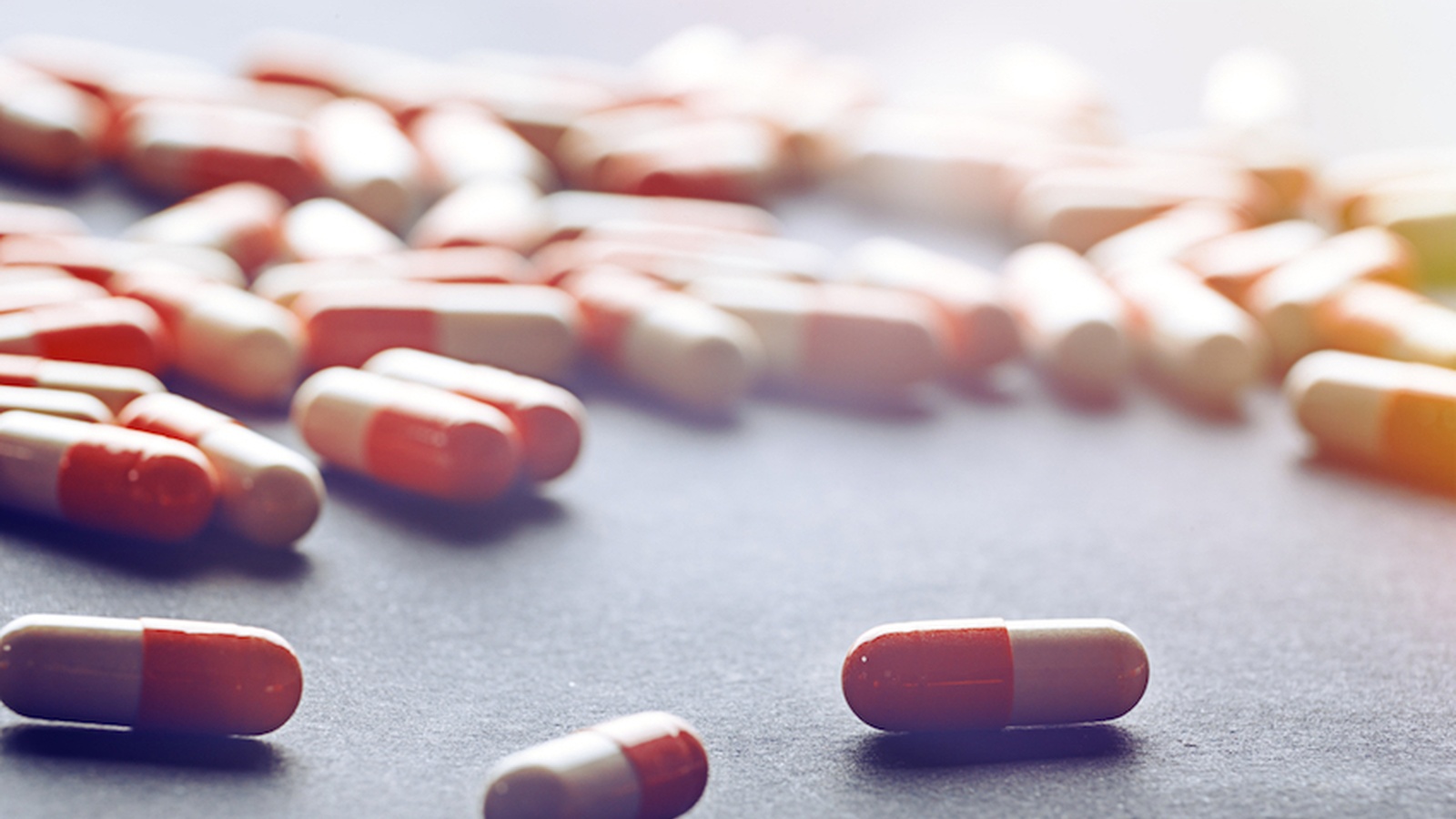Should We Think Twice About Taking Antibiotics?
This topic is HUGE and one that I only scratch the surface of in this article. I hope that it gets you thinking, asking questions and maybe even making different choices for your own health and that of your family. Let’s dive right into it with a definition of antibiotics and fast facts.
Around 800-1000 different bacterial species and 7000 different strains live in the gastrointestinal tract. The condition, quality and diversity of our gut bacteria impact our overall health.
Antibiotics are medicines used to treat infections or diseases caused by bacteria such as pneumonia, whooping cough, urinary tract infections and wounds. Antibiotics work on bacteria, fungi and parasites. They are not effective against viruses.
How Do They Work?
Antibiotics help the immune system fight infection by blocking important bacterial processes, killing the bacteria, or preventing their multiplication.
Fast Facts
- Alexander Fleming discovered Penicillin in 1928.
- Penicillin was developed for antibiotic use in 1943.
- Penicillin was sold over the counter until the 1950’s. Careless overuse at its best.
- Bacteria resistance to Penicillin existed by 1945.
- Vancomycin arrived in 1972 with resistance at 1988.
- Daptomycin was born in 2003 with resistance following a year later in 2004.
- Around 50% of antibiotics are overprescribed.
- Since the early 1980’s no new antibiotics are being developed.This is mostly due to antibiotic resistance rendering them ineffective.
Do We Need Antibiotics?
- Absolutely, antibiotics are used to treat sick people and animals.
- They save lives.
- They are used before operations so that we can access hidden organs and other areas of the body. Think heart operations, cesarian sections and prostate biopsies.
Let me be clear, the problem is not the medicine itself it is with the unnecessary OVERUSE of them.
What Are The BIGGEST Problems With Antibiotic Overuse?
- Antibiotics affect the gut microbiome by negatively altering its condition, diversity and function.
- Poor metabolism and absorption of vitamins.
- Increased risk of infections.
- Yeast overgrowth and or overgrowth of harmful bacteria such as Clostridium difficile.
- Overuse causes antibiotic resistance. Which results in;
- Less antibiotics produced because they have become ineffective.
- Increased risk of infection for those requiring surgery such hip and knee replacements, stents for stroke patients, pumps for diabetes and dialysis.
- Potentially no more surgical procedures long term. Antibiotics are used before many operations to prevent infection.
- Reduced protection for compromised immune systems such as with cancer, AIDS, premature babies and transplant recipients.
- Higher treatment costs because of reduced effectiveness.
- It’s estimated that around 700,000 deaths occur yearly due to infections that antibiotics cannot treat.
Alexander Fleming, predicted in the 1940’s that overuse would lead to antibiotic resistance and boy wasn’t he right?
"The thoughtless person playing with penicillin treatment is morally responsible for the death of a man who succumbs to infection with a penicillin-resistant organism”
So What Is “Antibiotic Resistance”?
Antibiotics are regularly prescribed for the seasonal flu or minor infections that can often be resolved on their own. This unnecessary overuse along with antibiotic use in animal and plant farming (agriculture) leads to bacterial resistance. This is when antibiotics no longer effectively kill off or stop bacteria from multiplying because the bugs have become resistant to their attack. We label these guys “Superbugs".
What Makes Them Resistant?
Individual bacteria can undergo random mutations. Many mutations are harmless but every now and then one comes along that gives the bacteria an edge on survival. The resistant genes thrive and pass along the mutated genes that allow them to survive.
Some can release their DNA upon death to be picked up by other bacteria. While others share their genes. Over time these resistant strains multiply creating entire strands of resistant bacteria.
Agriculture, Aquaculture & Weight gain
Around 80% of antibiotics are given to animals to fatten them up and prevent against the factory farm conditions they live in. Not because they ARE sick. This creates resistant bacteria in the water that moves off the farm, in dust and in the meat of the animals in question. If it fattens animals up, what is it doing to our weight when we consume these animals? You guessed it, evidence shows that antibiotics disrupt metabolism and may be a contributing factor to the obesity epidemic.
Antibiotics are used on the animals and plants found in water as well (Aquaculture) and even some fruit rely on antibiotics for protection while growing. Low concentrations of antibiotics in the natural environment eventually alter our physiology and behaviour.
Bacteria give birth to a new generation every 20 minutes and they develop resistance very quickly. As a result the many infections that exist and migrate across the world are less likely to be removed by antibiotics. In fact out of 100, up to two may work with side effects. Resistance is an inevitable biological process but humans have accelerated it with our shocking abuse of this life-saving drug.
Asthma & Allergies
Antibiotic treatment may contribute to the development of asthma and allergies. Disruption of beneficial gut bacteria by antibiotic use allows yeast to flourish.
When fungal spores are inhaled they normally trigger an allergic response. An overgrowth of yeast in the gut leads to a more powerful allergic reaction. What’s seen is a significant increase in inflammation-related white blood cells in the lungs and other key allergy related inflammatory markers such as IgE, Interleukin-5 and interleukin-13.
In our often “dirty world” we constantly swallow, pollen, mould spores, dust and other allergens. Once ingested, the oral mucosa produce regulatory T cells, an immune response, that goes on to circulate the respiratory tract, suppressing allergic reactions and instructing the body to be more tolerant of allergens so that future reactions are prevented. This is a protective immune response that is missing in those lacking healthy gut flora.
Babies & Poor Health In Adulthood
The entire intestinal tract is sterile at birth and is first colonised by mum’s bacteria and bacteria in the environment. It then continues to be influenced through feeding, antibiotics, mode of delivery (vaginal vs cesarean), diet (breast milk vs formula) and hygiene levels. By 2.5 years the infant's gut flora resembles that of an adult. Disruption to gut flora before this age influences how disease is expressed later in life.
In the past it was thought that the harmful effects of antibiotics on gut flora was short term and that full recovery would take place soon after antibiotic treatment was completed. Unfortunately that is not the case, while some bacterial species recover quickly, others do not and their effects are long lasting.
How Can YOU Avoid Overuse & Preserve This Important Drug?
- Choose humanely raised, antibiotic free foods such as fruit and animals (meat and fish). Choose grass fed, organic and wild caught fish.
- If antibiotics are removed from food and animal production, many bacteria may revert to being vulnerable to antibiotics again.
- Can we influence the food industry to change the environment the animals live in and use antibiotics on SICK animals only rather than as prevention? I would love to hear your thoughts on this.
- Ask your local grocer, butcher and restaurants where their meat comes from. Is it antibiotic free?
- Ask your doctor if it is really necessary for you to take an antibiotic. 45% of antibiotic prescriptions are given for conditions that antibiotics can not help. Food for thought.
- Don’t ask for antibiotics at the drop of a hat. Many do!
- Stay at home when you sick.
- Practice good hygiene such as washing your hands well and covering your mouth when coughing.
- Use alternative natural supplements such as probiotics and make sure you get food based prebiotics, probiotics and fibre into you for minor bacterial infections, prevention and ongoing gut and immune health.
We need to change the way we use antibiotics. We need to stop abusing them and use them only when it is truly appropriate and safe to do so, so that we can preserve this life-saving medicine for future generations and for the conditions and situations that require them most.
What Are Your Thoughts On Antibiotics?
Do you have a passion for nutrition & natural healing?. Learn more about the Food Matters Nutrition Certification Program here.










